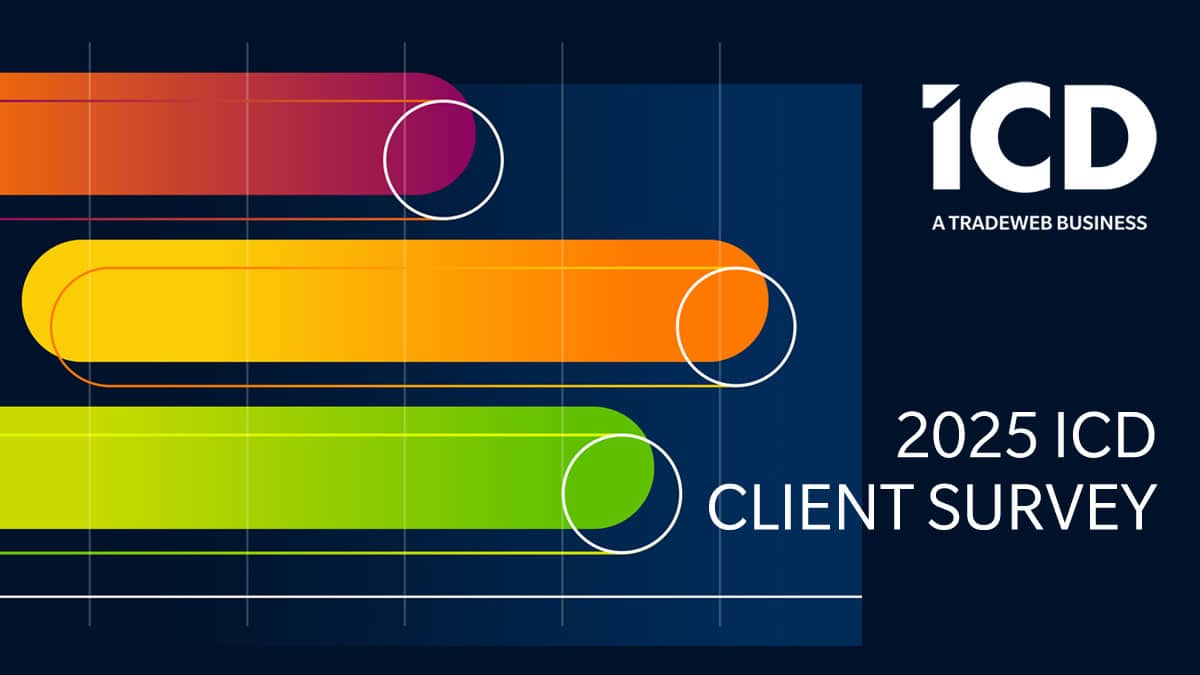By Sebastian Ramos, EVP, Global Trading and Products, ICD
As treasury organizations pull back from banks to diversify away from high levels of single-party concentration of their deposits, much of their cash is flowing into money market funds.
Institutional money market fund investments spiked over $320 billion in the weeks following the regional bank failures, after almost a year of relatively flat levels of investment. That trend is continuing as institutional money market funds are up $392 billion year to date, as of May 31, 2023.
US Institutional MMFs balances increase $320 billion since SVB concerns first surfaced

Why Money Market Funds?
Money market funds (MMFs) match well with the common investment objectives of corporate treasury teams, which focus heavily on preservation of capital, put significant focus on liquidity and look for a reasonable rate of return. Rather than having to open accounts with various banks, treasury teams use money market funds as an easy, quick way to diversify their cash holdings.
Companies looking to diversify quickly and safely have conservative portfolios focused on government and agency instruments, or even funds comprised totally of Treasury instruments. For those willing to take on a bit more risk for a higher return, Prime Funds invest in the highest credit quality debt securities from financial institutions and large corporations. By law, the portfolios of these funds cannot be exposed to more than 5% of a single counterparty.
Liquidity
Nearly all MMFs offer same-day liquidity, and in practice, this translates to the ability to access funds usually within a couple of hours or less, and there is no lock up period. Many ICD clients trade in and out of funds on a daily basis. There’s no requirement to hold money market funds for any period of time, in contrast to products that are looking to boost yield by investing in longer-term Time Deposits or CDs. There’s a high level of liquidity built into money market funds, but because of the duration built into the portfolio, there’s potentially a yield premium as well.
Fees
Bank fees vary and can be challenging to manage and monitor. Money market funds, on the other hand, charge a standard, fixed management fee as a percentage of assets, irrespective of your investment balance. In addition, yields reported by the funds are net of fees. There are typically no other fees you have to worry about as part of a money market fund investment.
Yield
Yields in money market funds are very attractive in the current interest rate environment. Many of the funds have been keeping their portfolios short, much shorter than the maximum average maturity of 60 days in order to capture the performance in the fund portfolios following all of the FOMC moves.
From ICD’s vantage point, in addition to what we saw in the industry, we saw a significant amount of interest and inflow into money market funds on ICD Portal (283%) over the first quarter of 2023 compared to last year during the same time period. This began even before Silicon Valley Bank’s failure and was accelerated by that event and the subsequent regional banking crisis that ensued. Companies started to look a little bit more closely at where they were holding their cash.
Cash Allocation
Our annual survey, which is an ongoing dialogue with our clients, helps us to understand where treasury teams are interested in placing their cash. In the US, 90% said they were invested in MMFs, showing interest across several different fund types. Forty-one percent indicated interest in federally insured cash accounts, which essentially take large deposits generally up to about $150 million USD and disperse those effectively at levels of $249,000 or less to many different banks, maintaining the FDIC insurance across the portfolio. Even though the size is well in excess of the FDIC insurance, they are using a network of banks that are all participating in that deposit program to stay within those limits per bank.
We have also started to see some interest in potentially going longer term as interest rates stabilize, so this is a dynamic environment. We do expect some of our clients to reconsider their investment distribution as we have seen a heavy trend towards money market funds over time.
Fund Spreads
As of this writing, there isn’t as much of a yield differential between U.S. government money market funds and prime funds. In part that’s because of the nature of the interest rate environment today. Most of the funds are very short in terms of their portfolios, so there’s not a lot of opportunity to gain additional yield. As we see interest rates stabilize, and as it becomes more expensive to access credit, we should see those spreads increase as well.
Even prior to the regional banking issues we’ve seen, 80% of our clients responding to our survey earlier this year were either moderately or highly concerned with counterparty concentration risk. We expect that if we were to ask that question again today, it’s likely we would see more respondents indicating that they are highly concerned. Monitoring counterparty concentration risk needs to be part of your planning, and is something money market funds are uniquely suited to help solve for cash investors.
Learn how to efficiently access the market to diversify your portfolio using ICD Portal.



